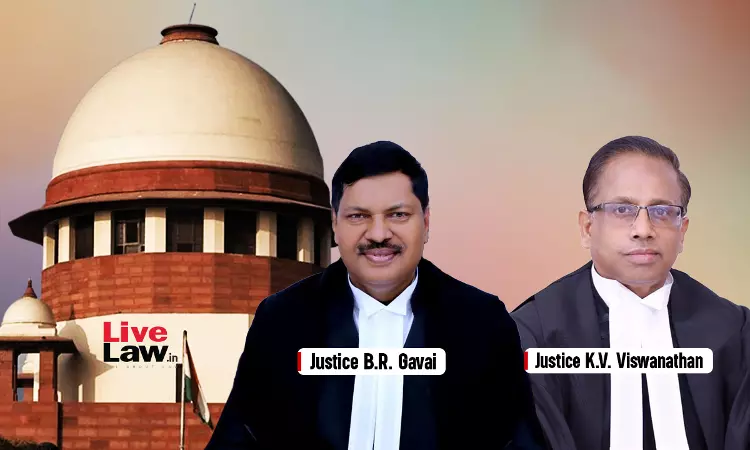Courts Should Exercise Caution Before Passing Interim Orders Directing Colleges To Keep Seat Vacant : Supreme Court
Debby Jain
9 Nov 2024 9:23 PM IST

Next Story
9 Nov 2024 9:23 PM IST
Coming to the aid of two medical colleges, which were directed to keep a medical seat vacant pursuant to a High Court order but incurred loss as the said seat ultimately remained unfilled, the Supreme Court recently paved way for monetary restitution through adjustment of the colleges' proposed fees for successive batches."considering that it is a case of one seat in each college, we feel...
